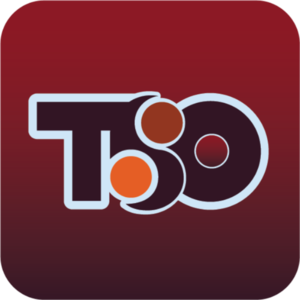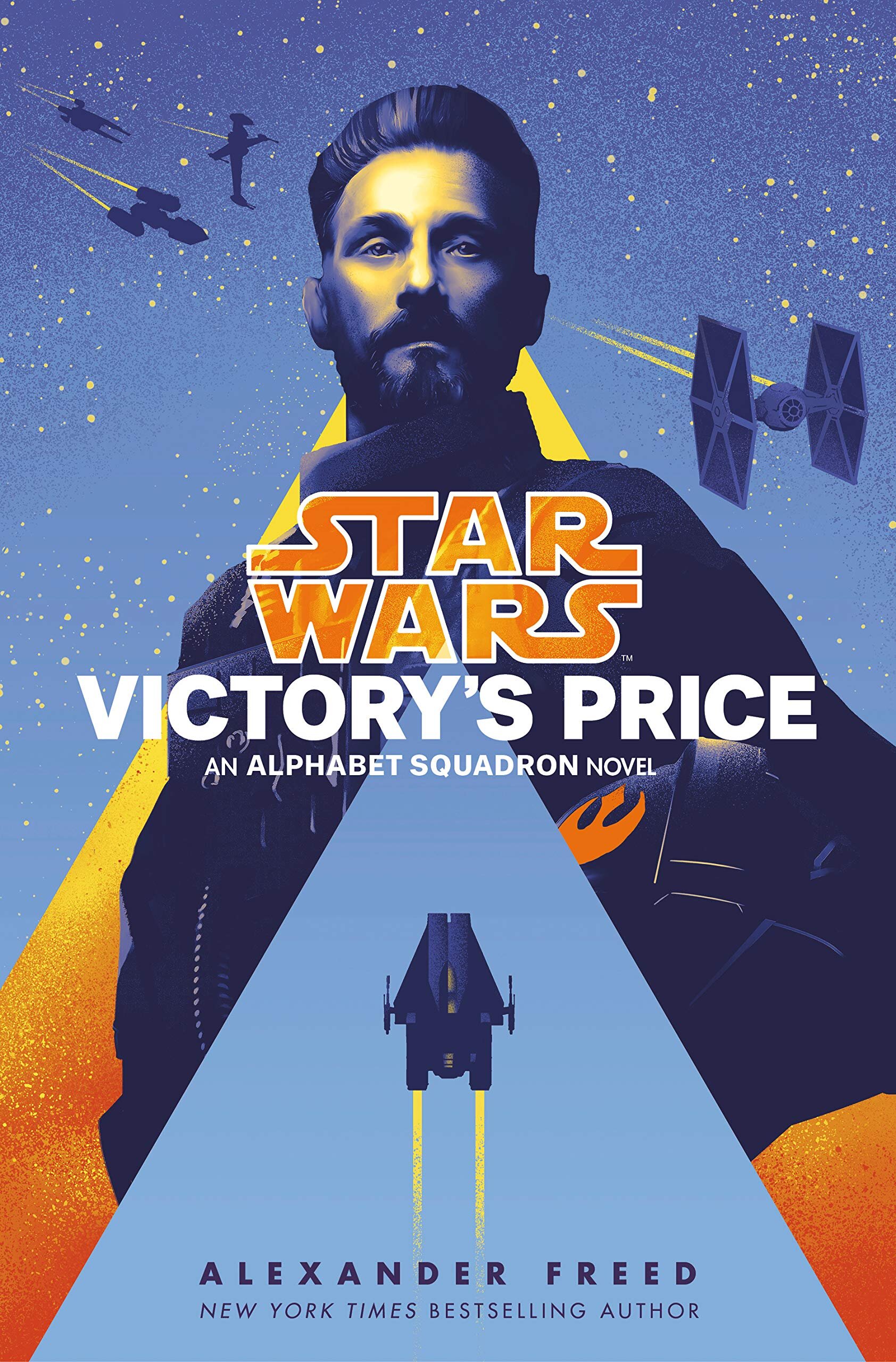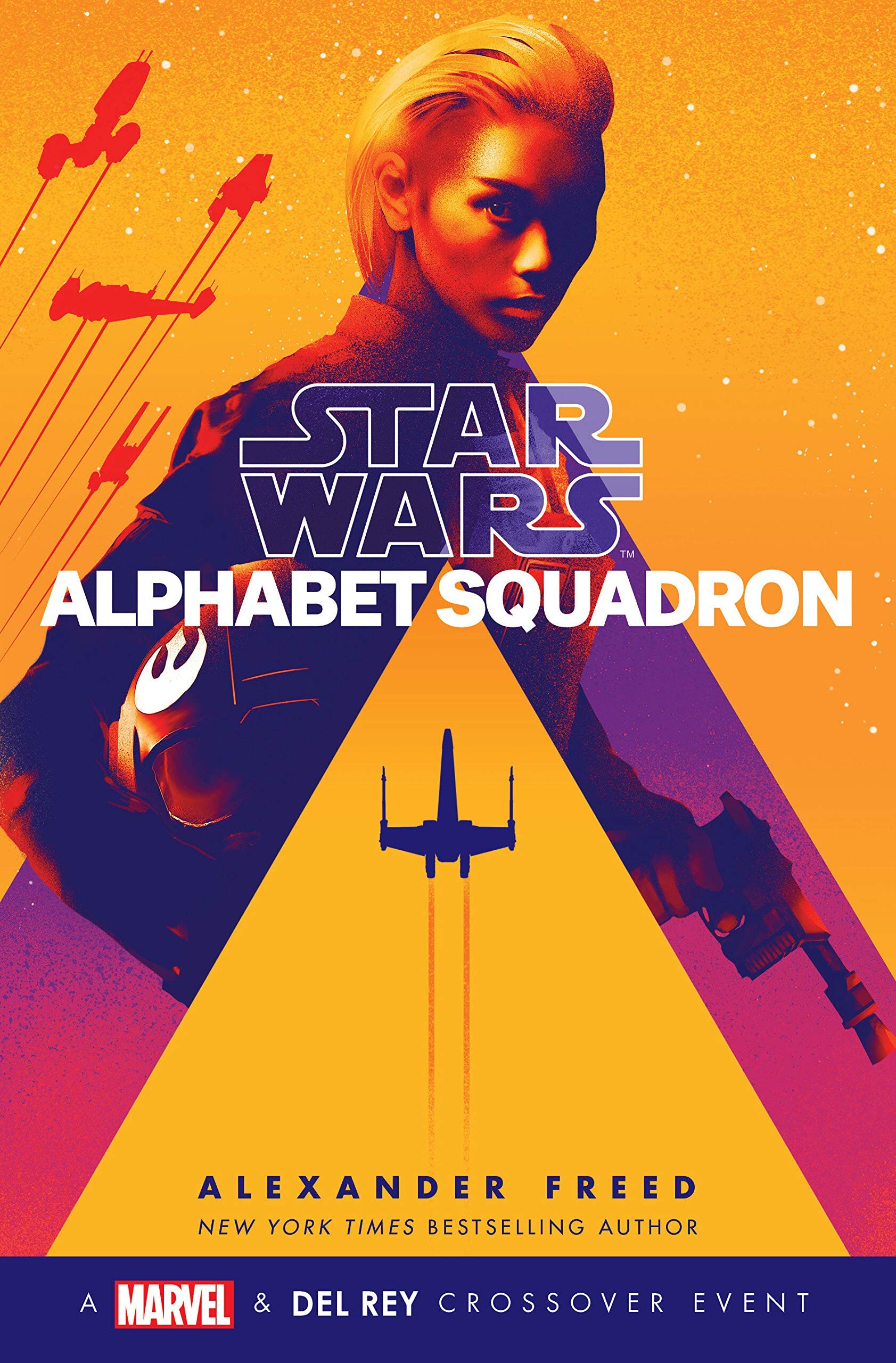By: Christian Corah
Descriptives
Page count: Hardcover, 460 pages
Author: Alexander Freed
Timeline: Follows Shadow Fall, precedes Force Awakens
Main characters: Yrica Quell, Wyl Lark, Chass na Chadic, Soran Keize, Kairos, Nath Tensent, and Hera Syndulla.
Brief synopsis: Nearing the end of the war, Alphabet Squadron also nears a climactic finish fighting Shadow Squadron while Yrica Quell battles internal conflict in an attempt to do what is right.
Gut Feeling
This book was definitely one that I had to grind through. I’m not saying that because I didn’t like it, because it was a good book, it just certainly is part of my gut reaction. Alexander Freed’s writing style is pretty dense and the story is character lead so this means that it was easy to get lost in the details. It would be easiest to read large portions of this book at a time, because then it would be easier to keep track of everything going on. Unfortunately, due to preparing for a wedding, finishing school, and work, I was forced to read this book a little at a time. Because of that, I expect my biased score of the book would be lower than the attempted unbiased score I am going to give. Parts of this book were really really good. I really did enjoy this trilogy, but I wish the book featured more of these peaks. In a trilogy that I expected to only get better with each book, I think the second may have been my favorite (in classic Original Trilogy fashion).
Characters (10/10 pts)
Alright, my biased gut reaction is out of the way and I am free to give a perfect score to the first section. It is no surprise that the characters were the strongest part of the book. They have been the focal point of the entire book trilogy. Each member of Alphabet Squadron has the character development of a main character. They probably have even more depth than most main characters. I won’t discuss each character, because that could be an article in itself, but I will discuss some of the highlights.
Yrica Quell has to have the most depth of any character. The cliff hanger from Shadow Fall was Quell leaving Alphabet Squadron to join her former squad. Her motivations for doing this were up in the air, and incredibly intriguing. I won’t go into details to avoid spoilers, but her arch was a complex and interesting one. A theme within this book is that when one gets to know both sides of a war, the lines between good and evil get ever so blurry. This is the conflict that Quell must deal with. By spending so much time with both Alphabet and Shadow Squadrons, she has a perspective unlike any other. This makes it difficult for her to know what the right thing to do is. Whenever a character has an internal conflict like this, you can consider me intrigued. This is one of the strongest singular parts of the novel.
However, Quell was not alone in having a great arch. We learned much more about Soran Keize, the leader of Shadow Squadron. He seems close to the anti-hero character archetype by combining end goals we can believe in with means that we can’t morally condone. In this way, he feels like characters such as Thanos and Walter White. It would have been rather interesting if the story was told from his perspective. Then there is Kairos, who likely changed the most from the beginning of the trilogy to the end. Clearly from a different culture, Kairos is the most unlike any of the other characters. The transformation that her character goes through in this book is beautiful and compelling. Most notably the end of her arch presented the peak of Freed’s writing.
That brings me to my final point. A key part of the third part of a trilogy is closure. Freed gave every important character their own moment of closure that really tied the strings in this story. I’ve been going on for awhile now so it is pretty clear that Freed earned all of the ten points for characters.
Writing Style (7.75/10 pts)
It certainly is possible that some of my bias towards this book is showing in this score, but I did feel slightly underwhelmed by the writing style. It may be a combination of other factors like the story itself, but I found it difficult to read much of this book at a time. In all of Freed’s books, the writing is fairly detailed. Victory’s Price is no different. When the action was high, the writing was okay and even great at times. There were individual chapters/sections that felt like some of the best written content in Star Wars. But the entire book just didn’t feel that way to me. It just felt a little too easy to get lost in the details. I’m not saying all of this to say that the book is poorly written, that is just never the case for Star Wars novels. It is just the explanation to why I am giving a slightly below average score of 7.75 points. It is still a well written book, just most Star Wars novels have a little higher quality.
Plot (7.25/10 pts)
The plot is probably what I was most disappointed in. In the final book of a trilogy, I just expected it to be more climactic. Like Shadow Fall, it started out exciting and then moved into a rather long lull. However, I saw this as ok because it was building up to the climax of the story. But the climax just felt a little unfulfilling to me. I just kept building and building, and then the excitement was just over. I expected the peaks to come when the stakes were the highest, but that simply wasn’t the case. I am not saying there weren’t peaks though. They just came in unexpected parts of the story that weren’t always necessarily significant concerning the plot. They were more so individual character moments, which does coincide with the story being character driven. But, concerning the plot, it does fall a little short in my opinion. I just expected the last book of the trilogy to hit a little harder. I am giving 7.25 points.
Intrigue (7/10 pts)
There are a couple of things working against the intrigue of Victory’s Price. The first is the writing style. Freed is a dense writer and when that is the case, it can cause the reading process to slow down. It is a difficult thing to do to make a book both readable and dense. Claudia Gray and Timothy Zahn are two authors that do this well. Freed can as well, but I don’t think this one was his best work. This naturally takes away from the intrigue because it is more difficult to read large portions of the book at a time. Then there is the plot. I won’t repeat myself too much because I just discussed it, but the plot did take some away from the intrigue. When the peaks are expected, it urges the reader to read more to find out what is going to happen. Because the peaks were unexpected and isolated, the high intrigue also became limited and isolated. I am only giving 7 points for intrigue.
What does it add? (8/10 pts)
This is the section that I expected to be the lowest for all of the Alphabet Squadron books. When it comes to adding content to the Star Wars universe, usually the content is Force or Sith/Jedi related. I was pleasantly surprised with what Shado Fall added to Star Wars with Yrica Quell entering the Sith Temple. What interested me the most in Victory’s Price was the Emperor’s Messenger. While the Messenger was in the previous books, we learned the most about it in this one. Specifically, the data that it carries and the way that it is programmed. I won’t go into details to avoid spoilers, but it is rather interesting. I am giving 8 points for this section.
Logic (0 pts)
There is nothing in Victory’s Price that adds to or takes away from the logic within the Star Wars universe So I am neither adding or taking away extra points for the logic.
Final Thoughts
My final score for Victory’s Price is an 8/10, or a low B minus. This makes the book slightly below the average score that I have given thus far and between Alphabet Squadron (7.8) and Shadow Fall (8.25). Concerning the ranking of the books in the trilogy, it feels right to me. I also want to say that I do try to keep my ratings unbiased, but it does seem that others did enjoy this book more than I did. So don’t be surprised if you do! If you are someone that enjoys character driven novels, I would certainly recommend this trilogy to you.
I hope you enjoyed this book review and if there is a book that you want me to read or review, please let me know at christiancorah@gmail.com. As for now, I will only be doing Canon books (but in the future that might change).













